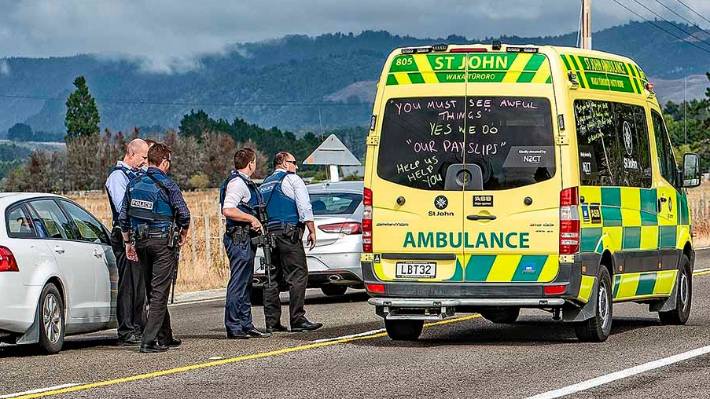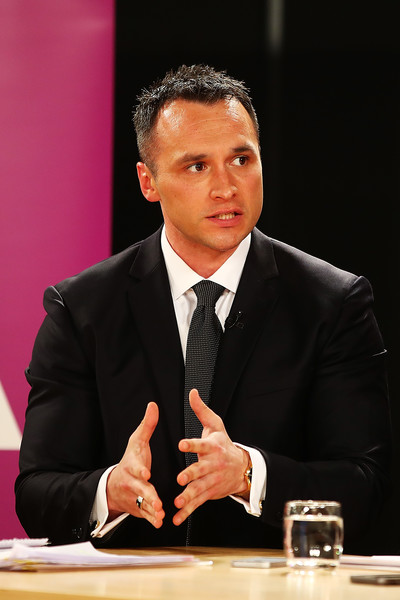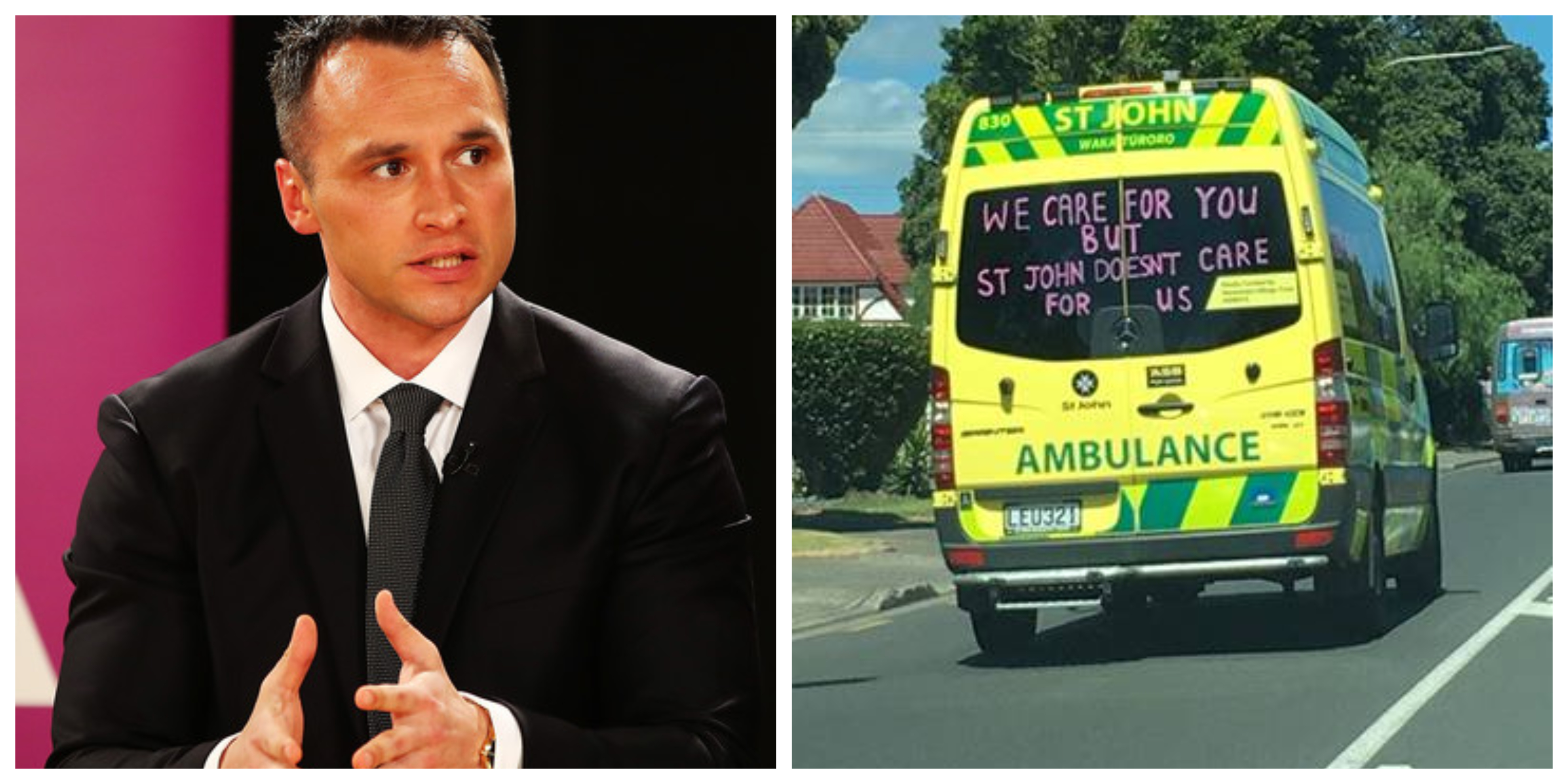The 2019 national budget is widely anticipated due to it being the inaugural “Well-Being Budget”, a world first funding model which seeks to prioritise human welfare over abstract figures such as GDP growth. Adopting this strategy is part of the Labour-led government’s broader plan to improve the well-being of families and promote an inclusive economy that benefits the many.
Prime Minister Jacinda Ardern has already been showcasing the specifics of this budget in international forums she attends, in the process garnering positive feedback from her global colleagues for her work. However, until the fine details of the Well-Being Budget are finalized and made public, it is a mystery if whether this will actually deliver a more humane and inclusive society for all.
A particular area which needs government support is the healthcare sector. Last year, the Coalition Government unveiled policies to provide free GP visits to anyone under-14 years of age and an $80 million refurbishment of the busy Middlemore Hospital in Auckland, but missing in their funding boosts is additional support for the healthcare workers who tend to the medical needs of New Zealanders.
The issue of underpaid and overworked health workers became a salient point of discussion in 2018 when nurses’ unions staged a strike, protesting the staffing levels and stagnation of their wages. Only a few months after it ended, it was the turn of midwives to strike also regarding the same issues.
Just last month, junior doctors also followed suit – protesting terms in their contracts that made them work for 16-hour shifts without breaks – thereby causing massive disruptions in the accessibility of healthcare services for many sick New Zealanders.
It definitely casts a significant impact on our society if healthcare professionals go on strike, but one should also sympathize with their woes – given the highly-stressful work environment they have and a level of pay which they do not feel compensates their sacrifices.
But a healthcare strike that is looming and one which can potentially cast a much greater effect on our people’s ability to access treatment is that of the St. John’s Ambulance Service workers. Several of their service personnel already went on a partial strike last year, by not attending private events related to their work.

Ambulance staff all around the country have been writing messages on their vehicles, protesting the low level of staff and long work hours they have. Similar graffiti have also been made complaining about their pay, while a much earlier protest in 2016 – before the incumbent Government took over – took aim at the low numbers of staff that made existing workers “burnt-out”.
The difference in the situation of St John Ambulance Service and that of other healthcare workers is that the former are not fully-funded by the Government, in fact only 70% of their operating costs are. According to their website:
St John has contracts with Ministry of Health and ACC who have been funding just under 70% of the operating costs for the ambulance service. The remaining 30% has been funded through emergency ambulance part charges, fundraising and revenue from commercial activities such as first aid training and medical alarms. St John’s fundraising and commercial activities also support the organisation’s charitable community programmes.
In 2017, the previous Government provided funding to allow ambulance crews to double – thereby alleviating the burden on individual workers. While private donors have also been generous in bestowing much-needed funds and logistical support to the organization.
But should our ambulance service really be left to the goodwill of private citizens, or intermittent funding from the Government? If Prime Minister Ardern is really serious about instilling a budget that looks after the well-being of New Zealanders, her Government should get serious in providing the necessary support to the service personnel who tend to the well-being of our people.

In an op-ed article by New Zealand First MP Darroch Ball, he highlights the cash-strapped reality that the ambulance service is facing – forcing it to even take out bank loans just to ensure their services are not interrupted. He contrasts St. John’s scenario to that of the New Zealand Police or Fire and Emergency New Zealand which are both critical first responders but are fully-funded by the Government, it only makes sense that our ambulance service receive the same backing also.
A similar call has been made in the past, calling on the Government to fully-fund St. John’s Ambulance Service, by none other than the organization’s CEO himself. Chief executive Peter Bradley lamented how, despite the limited finances St. John’s receives, they enjoy a high rate of patient satisfaction.
Imagine what more funding from the Government can help them achieve.
It is significant that Ball has made the call also, given that he previously put forward a private member’s bill calling for better protections on medical responders against violent assaults. St. John paramedics not only suffer from low pay and long hours, they also face inhospitable reactions from patients who are under the influence of illegal drugs or are heavily intoxicated.

They are verbally abused, sexually assaulted or physically beaten by the very people they are trying to help, which adds to the problems that they already face. Darroch Ball’s bill affords them with legal protection, guaranteeing immediate punishments for individuals who assault emergency responders.
Many have called out better support for first responders, such as St. John’s ambulance personnel, in the form of better pay and work conditions – but most of those people miss the point that “work conditions” also include the safety of these men and women who are on the front-lines providing medical treatment to New Zealanders in need.
The bill will hopefully garner enough support in Parliament to pass into law, and if that happens then St. John’s workers will see some improvement in their work settings. However, the call for Government to fully fund the ambulance service is also an equally important issue to put forward and it should be brought into fruition when the 2019 “Well-Being Budget” is unveiled.

